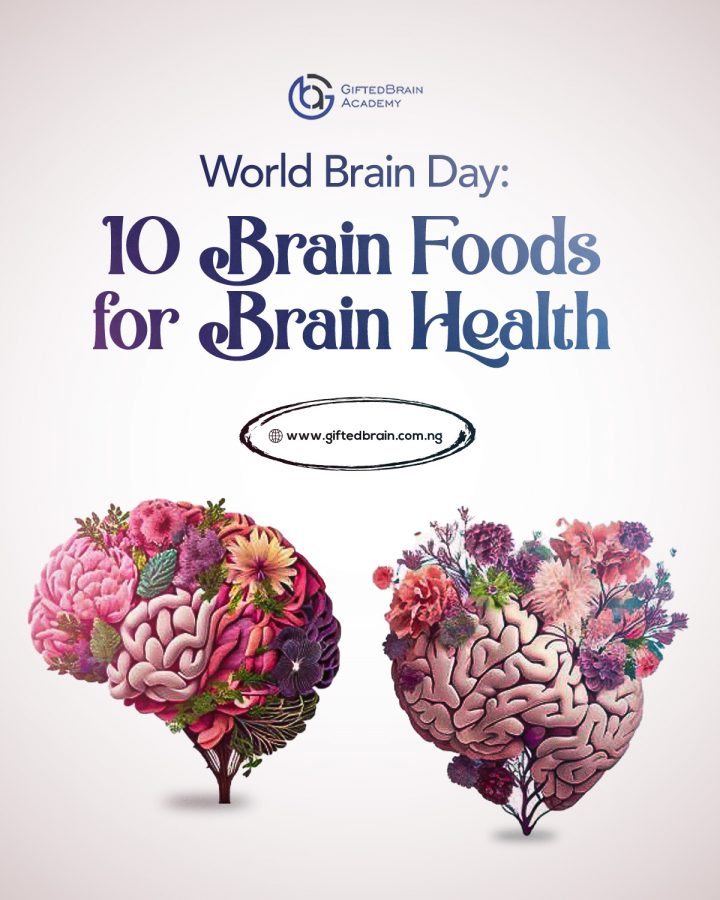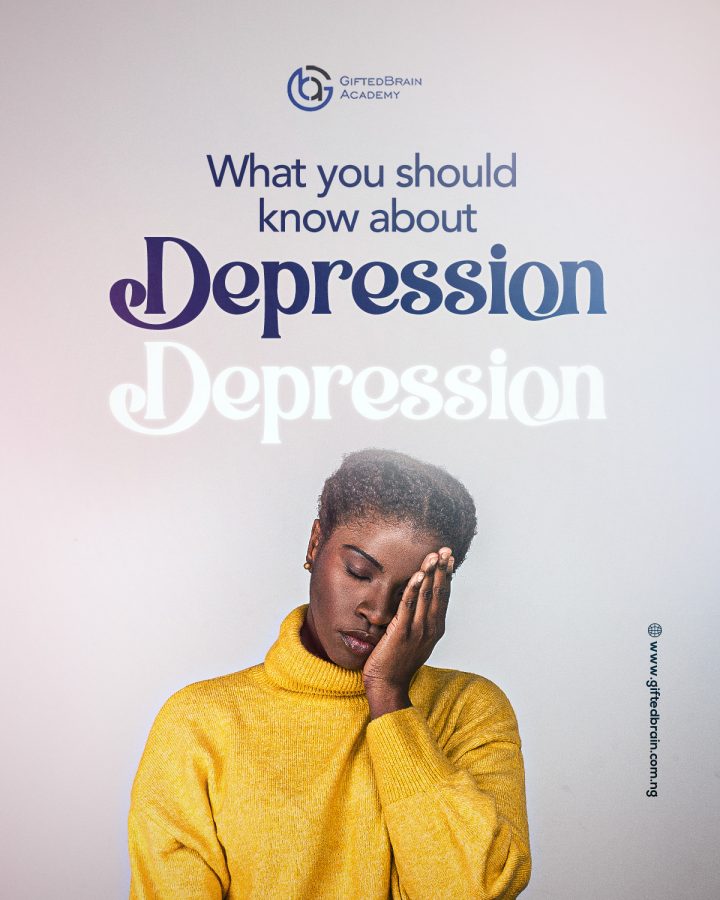Depression and sadness are often used interchangeably, but they are distinct. Depression is a condition characterized by persistent feelings of sadness, hopelessness, and worthlessness. It impacts daily functioning and can take over one’s life. Sadness, however, is a temporary mood state resulting from circumstances or grief, and it tends to recover over time. While sadness allows for the enjoyment of activities, depression is an all-consuming sadness that drains joy and leads to days immersed in negative thoughts.
Depression doesn’t pick and choose what parts of your life are impacted. Rather, if you are dealing with it, that feeling will affect how you think, what you do, and what you choose not to do. Often, you may lose interest in events, relationships, and activities that were once enjoyable.
If left untreated, it can creep into all parts of your life—work, school, and home—escalating in intensity and impacting relationships, health, and education. At this point, it becomes what scientists call chronic depression which has been shown to have certain effects on the brain. One of the effects is that it shrinks the hippocampus, the part of the brain responsible for learning and memory. Knowing this necessitates the need to learn the causes of depression and furthermore, ways to prevent or treat it.
What Causes Depression?
Depression is not solely caused by a chemical imbalance in the brain, as commonly believed. It is a complex condition influenced by multiple factors, including how the brain regulates mood, genetic vulnerability, and stressful life events. These forces interact together to bring about depression.
Therefore, depression is often caused by a mix of biological, psychological, and genetic factors. It can occur when there are specific changes in the brain or when we get stuck in negative thinking patterns. External factors like job loss, divorce, or work problems can also play a significant role in making someone more prone to experiencing depression.
A person may go through a depressive episode following a traumatic event or a major life change. It can also be triggered by changes in the brain or by substance abuse. It can occur after childbirth, due to changes in the menstrual cycle, or as a result of seasonal changes in weather.

Ways to Treat Depression
There are three major types of treatment for depression.
Therapy
Depending on your situation, you may participate in individual, group, family, or couples psychotherapy. Therapy can help you better identify, understand, and learn how to cope with your depression symptoms.
Medication
There are also many medications that have been found effective in the treatment of depression, especially when used in conjunction with psychotherapy. You can find some of them here.
Since depression treatment is not a one-size-fits-all approach, it may take some trial and error to find the medication that alleviates your symptoms with the fewest side effects.
If a medication you’ve been prescribed isn’t working, let your mental health professional know. Finding relief from your depression symptoms may require changing the dosage or trying a new medication.
Lifestyle changes
In addition to therapy and medication, there are a few lifestyle changes that can help you better manage symptoms of depression (as well as managing medication side effects). Talk with your mental health professional to learn which changes may be best for you.
Some of these lifestyle changes fall under the ways we can avoid depression.
10 Ways to Avoid Depression
To avoid depression, our mental health must be taken seriously and managed. Below are a few ways we can avoid depression.
1. Exercise Regularly
Regular exercise is highly beneficial for your mental health. According to the Mayo Clinic, exercise can help treat and prevent depression in several important ways: it raises body temperature and calms the central nervous system, releases mood-improving chemicals like endorphins, and reduces immune system chemicals that can worsen depression. All forms of exercise can help, but it’s more important to exercise regularly. To incorporate more exercise into your routine, you can join a sports team or a studio (such as yoga or kickboxing) to be active within a community, opt for stairs instead of elevators, and make exercising a habit to maintain the fitness levels that are most effective in preventing depression.

2. Diet
When it comes to diet and depression, there isn’t a magic solution, however, certain foods can affect your mood and emotional well-being. Processed foods, alcohol, caffeine, sugar, and refined grains can hurt your mental health, so it’s best to limit or avoid them. On the other hand, brain foods like fruits, vegetables, fish, turkey, chicken, beans, nuts, and seeds can boost mood. Choosing organic foods might also be helpful because non-organic foods often contain pesticides, herbicides, steroids, and antibiotics, which can disrupt the balance of bacteria in the gut. This disruption may lead to the release of pro-inflammatory chemicals (cytokines) that can affect neurotransmitter balance by crossing the blood-brain barrier.

3. Cut down on social media
Reducing the time you spend on social media can be beneficial for your mental health. Studies have revealed that excessive use of social media can lead to or worsen feelings of depression and low self-esteem; it is called digital deluge. Social media can be addictive and interfere with staying connected to loved ones, friends, and colleagues.
To prevent depression, it’s helpful to limit your social media usage. You can achieve this by taking these steps:
- Delete social media apps from your phone.
- Utilize a site-blocking extension that restricts your access to certain websites for a specific period.
- Use social media with a purpose and avoid mindlessly logging in multiple times throughout the day.
4. Stress Management
Finding ways to relieve stress is crucial for maintaining good mental health and preventing depression. Chronic stress is a common factor that can be avoided. Here are some simple ways to manage stress effectively:
- Avoid taking on too many tasks or responsibilities that can overwhelm you.
- Practice mindfulness or meditation to focus your mind and relax.
- Learn to accept and let go of things that are beyond your control.
5. Get plenty of sleep
Having enough sleep is important for both your physical and mental well-being. To improve your sleep quality:
- Avoid looking at screens, including your phone, for at least two hours before going to bed.
- Practice meditation or relaxation techniques before sleep.
- Ensure you have a comfortable mattress.
- Avoid consuming caffeine after noon.
6. Maintain a healthy weight
Being overweight can impact your self-esteem, especially when combined with judgments from others. The Centers for Disease Control and Prevention have found a clear connection between obesity and depression. In a national survey, it was discovered that 43% of adults with depression were obese. Moreover, adults with depression are more likely to be overweight compared to those without depression.
To maintain a healthy weight, it is important to engage in regular exercise, get sufficient sleep, and eat a balanced diet.
7. Building strong relationships
Having a strong support system and an active social life is important for mental health. Research has shown that “adequate” social support can also protect against depression.
Make sure you stay connected with friends and family regularly, even when your life is busy. Attending social events when possible and finding new interests can help you meet new people, all of which can help you build new relationships.
7. Simplify your everyday decisions
Have you ever felt overwhelmed when you walked into an amusement park and didn’t know what to do first? Having too many choices can cause a lot of stress and even lead to depression, according to researchers. If we had to think about every single thing we did, our brains would automatically shut down.
Psychologist Barry Schwartz, who wrote the book “The Paradox of Choice,” shares research that suggests when people have too many options, those who strive to make the absolute best choice – called “maximizers” – are more likely to experience higher rates of depression.
Many of us face numerous choices in our daily lives. What outfit should we wear? What should we have for breakfast: yoghurt, eggs, bagels, English muffins, or hot dogs? The pressure of constantly making the “right” or “wrong” choices is believed to be a factor in causing depression.
Don’t strive for perfection in everything you do. One helpful approach is to make decisions in advance when you have the time, so you don’t have to make them repeatedly. For instance, you can plan and arrange your outfits for the entire week over the weekend. This way, you simplify your daily choices and save yourself from unnecessary decision-making stress.
8. Distance yourself from individuals who hurt your self-esteem
We’ve all encountered people who make us feel bad, whether they’re outright bullies or subtly put us down to boost ourselves. They may even take advantage of us. Regardless of the situation, it’s important to avoid these individuals as they can harm our self-worth.
A 2012 study discovered that negative social interactions are linked to higher levels of cytokines, which are proteins associated with inflammation and depression.
To steer clear of people who make you feel bad:
- Stay away from those who make you feel worse about yourself.
- Cut ties with individuals who take advantage of you.
- If someone frequently spreads rumours or gossip about others right after they leave the room, they are likely to do the same to you.
9. Create a personal plan for yourself
Depression can have certain triggers, but being aware of them allows you to develop a plan to manage and cope with them in advance.
10. Make it a priority always to manage your mental health.
It is very important to manage your mental health in order to avoid depression.


